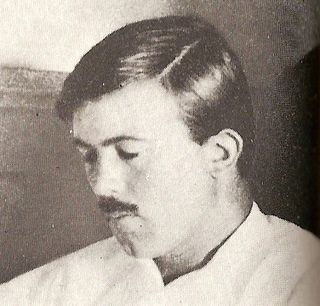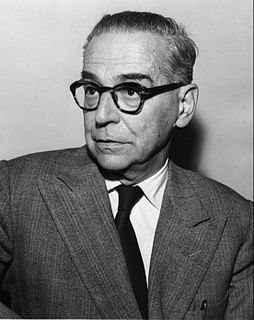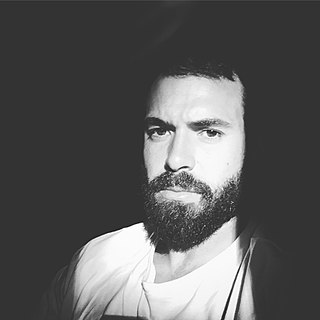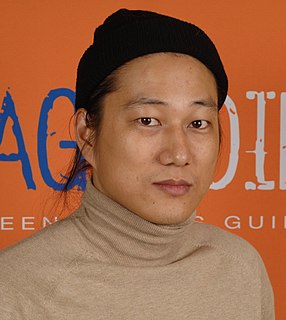A Quote by John Cheever
If there is anybody I detest, it is weak-minded sentimentalists-all those melancholy people who, out of an excess of sympathy for others, miss the thrill of their own essence and drift through life without identity, like a human fog, feeling sorry for everyone.
Related Quotes
I am compassionate. I allow my heart and imagination to embrace the difficulties and concerns of others. While maintaining my own balance, I find it within myself to extend sympathy, attention, and support. When they are grieved, I listen with openness and gentle strength. I offer loyalty, friendship, and human understanding. Without undermining or enabling, I aid and assist others to find their strength. I allow the healing power of the Universe to flow through me, soothing the hearts and feelings of those I encounter.
To be a man, to have been born without knowing it or wanting it, to be thrown into the ocean of existence, to be obliged to swim, to exist; to have an identity; to resist the pressure and shocks from the outside and the unforeseen and unforeseeable acts - one's own and those of others - which so often exceed one's capacities? And what is more, to endure one's own thoughts about all this: in a word, to be human.
Maybe nothingness is to be without your presence, without you moving, slicing the noon like a blue flower, without you walking later through the fog and the cobbles, without the light you carry in your hand, golden, which maybe others will not see, which maybe no one knew was growing like the red beginnings of a rose. In short, without your presence: without your coming suddenly, incitingly, to know my life, gust of a rosebush, wheat of wind: since then I am because you are, since then you are, I am, we are, and through love I will be, you will be, we will be.
Our role as artist is more controversial now because there are those, claiming the absolute authority of religion, who detest much of our work as much as they detest most of our politics. Instead of rationally debating subjects like abortion or gay rights, they condemn as immoral those who favor choice and tolerance. They disown their own dark side and magnify everyone else's until, at the extreme, doctors are murdered in the name of protecting life. I wonder, who is this God they invoke, who is so petty and mean? Is God really against gun control and food stamps for poor children?
If sympathy is all that human beings need, then the Cross of Christ is an absurdity and there is absolutely no need for it. What the world needs is not "a little bit of love," but major surgery. If you think you are helping lost people with your sympathy and understanding, you are a traitor to Jesus Christ. You must have a right-standing relationship with Him yourself, and pour your life out in helping others in His way— not in a human way that ignores God.
It is at once by way of poetry and through poetry, as with music, that the soul glimpses splendors from beyond the tomb; and when an exquisite poem brings one's eyes to the point of tears, those tears are not evidence of an excess of joy, they are witness far more to an exacerbated melancholy, a disposition of the nerves, a nature exiled among imperfect things, which would like to possess, without delay, a paradise revealed on this very same earth.
I know nothing of philosophical philanthropy. But I know what I have seen, and what I have looked in the face in this world here, where I find myself. And I tell you this, my friend, that there are people (men and women both, unfortunately) who have no good in them-none. That there are people whom it is necessary to detest without compromise. That there are people who must be dealt with as enemies of the human race. That there are people who have no human heart, and who must be crushed like savage beasts and cleared out of the way.
Francis of Assisi tells us we should work to build peace. But there is no true peace without truth! There cannot be true peace if everyone is his own criterion, if everyone can always claim exclusively his own rights, without at the same time caring for the good of others, of everyone, on the basis of the nature that unites every human being on this earth.





































